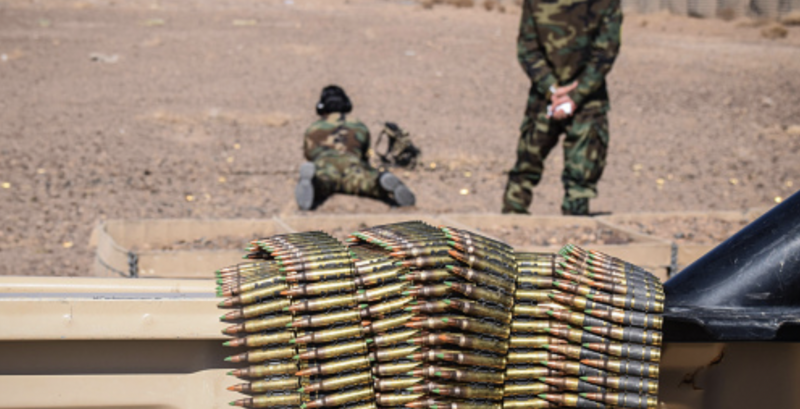Four members of the Czech Republic’s elite 601st Special Forces Group have been formally charged in a high-profile case tied to the death of an Afghan detainee, who had earlier fatally shot a Czech soldier and wounded two others.
The Brno Regional Court confirmed on Tuesday that it has accepted the indictment, which stems from an incident during a 2018 deployment in Afghanistan’s Herat Province. The case, now proceeding under a classified judicial regime, involves serious allegations of abuse during the detainee’s interrogation by Czech and American troops.
“The court received the indictment last week from the state prosecutor,” said court spokesperson Klára Belkovová, declining to provide further detail due to the sensitive nature of the case.
At the heart of the matter is an Afghan soldier, identified as Khan, who opened fire at a joint base in Sindand, killing Czech dog handler Tomáš Procházka and injuring two others. After his capture, Khan was reportedly subjected to a brutal 20-minute interrogation that included alleged physical abuse — treatment so severe that an Afghan interpreter recalled hearing him “screaming in pain.”
Although Khan survived the initial ordeal and was transferred back to Afghan custody, he died soon after in a hospital.
U.S. military officials have already disciplined six of their own over the incident, stripping them of promotion rights and future military benefits. Meanwhile, the Czech indictment reveals further disturbing details: soldiers reportedly filmed and photographed the interrogation before attempting to delete the evidence — digital files which investigators later recovered and flagged as key to the prosecution.
The four Czech service members now face a litany of charges, including extortion, insubordination, negligence of guard duties, and failure to provide medical help — serious offenses that could lead to life imprisonment if proven to have occurred under aggravating wartime circumstances.
Their names remain under wraps, and the legal process continues behind closed doors.
The case has sparked intense scrutiny and debate in both military and public circles, raising hard questions about the conduct of elite troops in combat zones — and the boundaries of justice in war.




